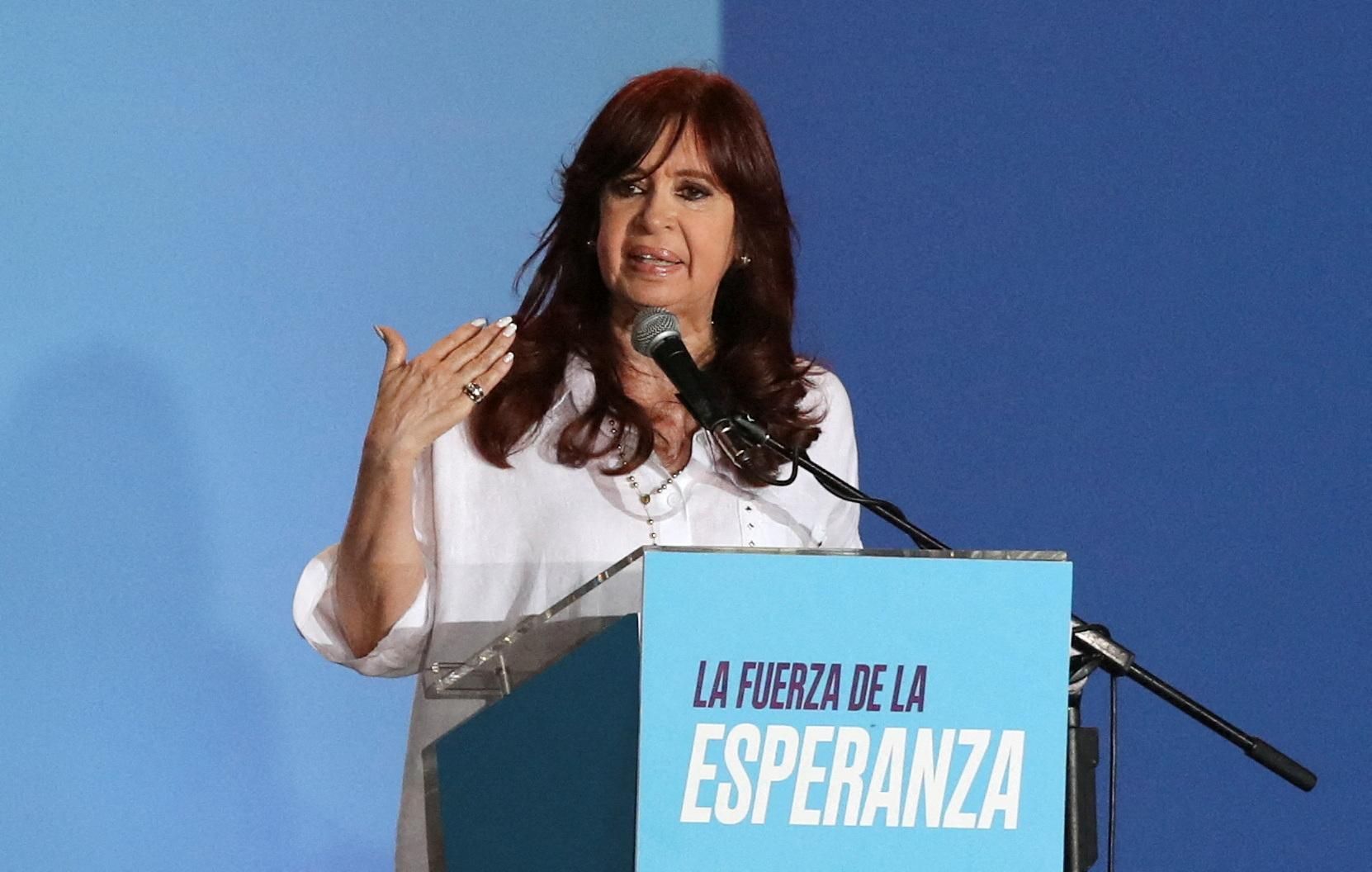What We’re Watching: Argentina VP’s guilty verdict, NY goes after Trump, a Sudanese agreement, sex ban in Indonesia
Argentine VP guilty of corruption
In a verdict sure to deepen divides in an already highly polarized country, an Argentine court on Tuesday found Vice President Cristina Fernández de Kirchner guilty of a billion-dollar graft scheme from during her 2007-2015 presidency. She has been sentenced to six years and banned from holding public office. It’s the first time a sitting Argentine Veep has been convicted of a crime. Kirchner – a formidable populist who is as despised by the right as she is loved by the left – has denounced the verdict as part of a political witch hunt by the media and the courts. The case has already prompted numerous street clashes between Kirchner’s supporters and opponents — at one of them, a man tried to kill her (the gun jammed). The big intrigue now? Kirchner has legal immunity since she is currently vice president, and she’s already pledged to appeal the verdict all the way to the Supreme Court. But a final decision from there is unlikely to come down before next year’s general elections, when she may just run either for Senate or, gasp, for president. Whatever the outcome, Kirchner’s fate will throw more gas on the raging fire of Argentine politics over the next year.
Trump Org convicted in Gotham
On Tuesday, Donald Trump’s real estate empire was found guilty of tax fraud and other financial crimes in State Supreme Court in Manhattan, a victory for the Manhattan district attorney who has long sought to nail the former president for alleged illegal business practices. The Trump Organization was found guilty on all 17 counts, including charges that the company doled out expensive gifts to top execs who failed to pay taxes on them. The case was more or less locked after Allen Weisselberg, the organization’s former chief financial officer and a longtime Trump buddy, flipped for the prosecution in August in exchange for a significantly reduced jail sentence. Importantly, Trump himself was not indicted in this case, though the prosecutor made several references to his alleged involvement in the scheme. Still, he isn’t out of the woods as he’s facing a slew of criminal investigations in other states as well as the ongoing Jan. 6 investigation. Though this outcome is damning for Trump, it’s unlikely to have much impact on voters ahead of 2024 because most Americans have dug in their heels on the Trump issue, one way or another.
A breakthrough in Sudan?
On Monday, Sudan’s military signed an agreement with an alliance of democracy groups to begin a process of transition toward civilian rule in this deeply unstable country. The deal has its skeptics – and for good reason. In 2019, protesters forced long-time dictator Omar al-Bashir from power in hopes of ending three decades of tyranny and corruption. The military quickly stepped into the resulting power vacuum, and advocates for democracy were then forced to negotiate with its leaders, who were closely aligned with the former despot. Expectations of a democratic transition were quashed in October 2021, when the army launched a coup to seize power. Many protesters were brutalized and jailed. This week, the generals appear to have done an about-face. This latest agreement may signal the military’s genuine, if reluctant, acceptance that order can’t be restored in Sudan without true power-sharing, in part because international donors and lenders have turned their backs on the regime. Those who shook hands with the generals this week argue that compromise is the only way to end political violence and give Sudan a chance at democracy and normalcy. But other pro-democracy groups have rejected the agreement. They insist the military can never be trusted to finally make way for civilian democratic rule. Time will tell who’s right.
